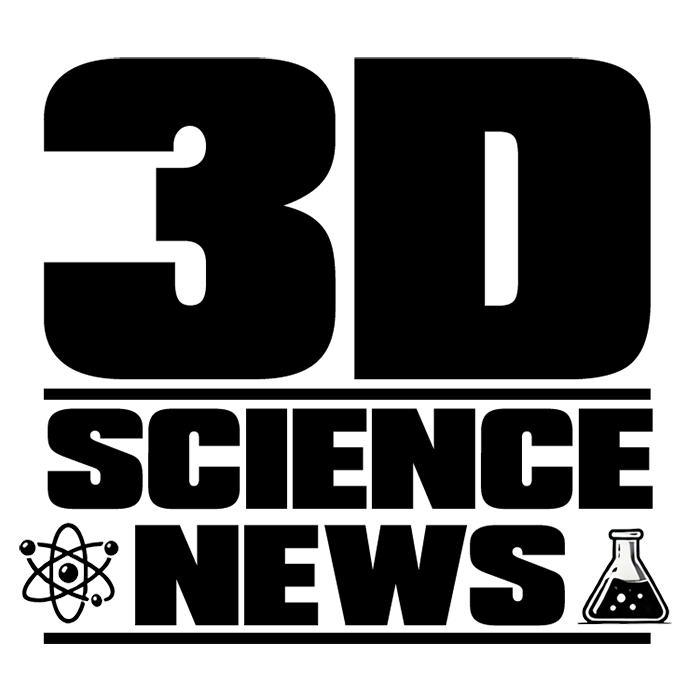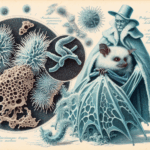Red wine drinkers love to believe they’re making the sophisticated, heart-healthy choice. Resveratrol—a compound found in grape skins—has been hyped as a life-extending, cancer-fighting elixir. But a new study from Brown University just crashed that party, and the news isn’t great for either side of the wine aisle.
Analyzing data from nearly 96,000 participants across 42 observational studies, researchers found zero evidence that red wine lowers cancer risk. Not even a little. In fact, neither red nor white wine showed any overall increase in cancer risk. But before you toast to that, there’s a twist: white wine may have a particularly dark secret when it comes to skin cancer.
The study, co-led by epidemiologist Eunyoung Cho, found that white wine drinkers had a 22% higher risk of skin cancer compared to those who preferred red. Why? No one’s entirely sure. It could be something in the fermentation process, or maybe people who drink more white wine are also more likely to engage in high-risk behaviors—like forgetting sunscreen while sipping chardonnay on a sun-drenched patio.
Stranger still, the study found that white wine had a stronger link to overall cancer risk in women. Hormonal interactions? Metabolic differences? A cruel cosmic joke? The jury’s still out, but the association is strong enough to warrant further investigation.
Alcohol’s relationship with cancer isn’t exactly a mystery. When booze hits the body, the ethanol breaks down into acetaldehyde, a lovely little compound that damages DNA and proteins. In 2020 alone, alcohol was linked to over 740,000 cancer cases worldwide—roughly 4.1% of all cases.
So, does this mean wine lovers should switch to whiskey? Probably not. But the idea that red wine is some kind of protective shield against cancer? That myth just lost its footing.
Five Fast Facts
- Resveratrol, the antioxidant in red wine, has been studied for its potential anti-aging properties—but the doses used in experiments are vastly higher than what’s in a glass of merlot.
- Skin cancer is the most commonly diagnosed cancer in the U.S., with over 5 million cases annually.
- White wine typically has higher levels of acetaldehyde than red, which may explain its stronger link to cancer.
- More than half of all alcohol-related cancer cases worldwide are attributed to heavy drinking, but even moderate consumption carries risk.
- The oldest known winery, dating back over 6,000 years, was discovered in a cave in Armenia.





